
St William of York
Book
St William of York achieved the unique distinction of being elected archbishop of York twice and...
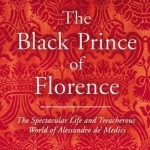
The Black Prince of Florence: The Spectacular Life and Treacherous World of Alessandro De' Medici
Book
"Nothing in sixteenth-century history is more astonishing than the career of Alessandro de' Medici."...
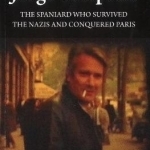
Jorge Semprun: The Spaniard Who Survived the Nazis & Conquered Paris
Book
Spanish by birth, Parisian by adoption, Semprun (1923-2011) was a legendary figure on the front...
Kieren Fallon: The Autobiography
Book
Kieren Fallon was one of the world's greatest jockeys, but his career was littered with...
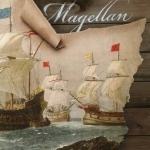
Magellan
Stefan Zweig, Paul Cedar, Paul Eden and O.W. Brierly
Book
The life of the great Portuguese explorer who dared to sail beyond the horizon The Portuguese...
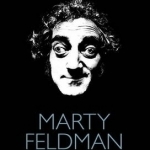
Marty Feldman: The Biography of a Comedy Legend
Book
Mike Myers thinks he was "a genius", while John Cleese regards him as "a true cultural icon". He was...
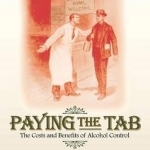
Paying the Tab: The Costs and Benefits of Alcohol Control
Book
What drug provides Americans with the greatest pleasure and the greatest pain? The answer, hands...
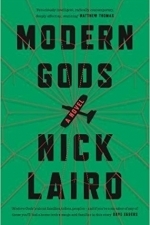
Modern Gods
Book
A powerful, thought-provoking novel about two sisters who must reclaim themselves after their lives...
fiction
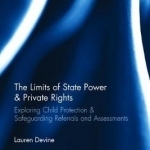
The Limits of State Power & Private Rights: Exploring Child Protection & Safeguarding Referrals and Assessments
Book
This book tackles a complex area of law, social policy and social work, providing a comprehensive...
Vegetable Production and Practices
Book
Successful vegetable production in a modern competitive market requires an understanding of many...
